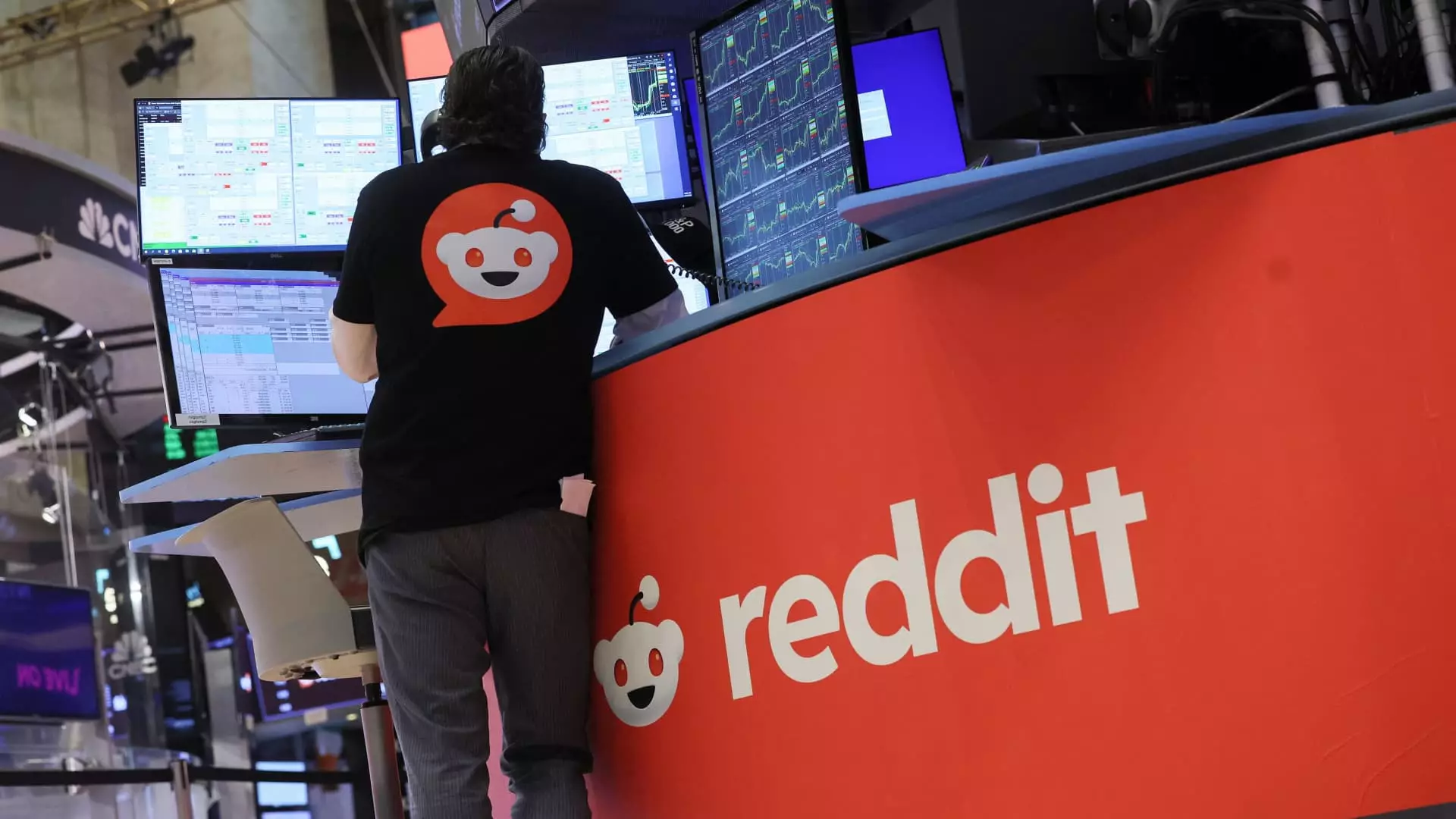The financial landscape is dynamic, with analysts continuously updating their views on numerous companies based on market trends, performance indicators, and broader economic conditions. This article delves into the latest significant calls from Wall Street analysts and provides a critical analysis of their implications on investment strategies and market positioning.
Jefferies has initiated coverage on Duke Energy, assigning a bullish “Buy” rating with a price target of $138 per share. This decision indicates a strong conviction in Duke Energy’s potential to perform well in the energy sector. Analysts often look for indicators such as regulatory frameworks, energy pricing, and operational efficiency when analyzing utility companies. Duke’s diversified energy portfolio and commitment to renewable sources may serve as pivotal factors fueling Jefferies’ optimism. Investors should consider these elements in conjunction with the ongoing transitions in energy policies and consumer demand for sustainable solutions.
Morgan Stanley’s recent upgrade of Centessa Pharmaceuticals to “Overweight” emphasizes positive expectations surrounding its novel treatment for narcolepsy. The upgrade, alongside a price target increase from $11 to $26, suggests a robust growth outlook for innovative biopharma initiatives. However, this contrasts sharply with Morgan Stanley’s downgrade of PepsiCo to “Equal Weight,” citing “topline softness” and concerns regarding market share erosion. The comparative analysis here highlights the volatility in consumer brand food sectors amidst changing dietary preferences and economic pressures.
Evercore ISI’s reiteration of Amazon as an “Outperform” with a $240 price target aligns with its long-term potential, particularly as e-commerce continues to thrive. Conversely, UBS’s cautious stance on Apple, maintaining a “Neutral” rating, reflects a nuanced interpretation of market demand. The data indicates that while initial iPhone 16 demand may not be as concerning, Apple’s innovative edge appears to be waning, thus affecting investor sentiment. For investors, these varying perspectives underline the necessity for a strategic approach when navigating tech investments, weighing the potential impact of innovation cycles against current market performance.
In the auto tech sector, firms like Wells Fargo have upgraded companies such as Aptiv and Visteon to “Overweight,” highlighting improved valuations and favorable growth prospects. This signals a confidence in the technological advancements and market adaptability of these companies. However, Morgan Stanley’s downgrade of FedEx to “Underweight” is a stark reminder of the challenges facing logistics and transportation, notably in an era of shifting e-commerce landscapes. Investors should analyze these upgrades and downgrades against broader consumer trends and economic signals, taking into account the balance of supply chain resilience and market demand fluctuations.
B. Riley’s initiation of a “Buy” rating for Reddit emphasizes the social media platform’s unique value proposition, bolstered by a vast user base and community-centric approach. As digital content curation becomes increasingly pivotal, Reddit may capitalize on shifts in user engagement and advertising models. Meanwhile, Morgan Stanley’s identification of Nio as a “research catalyst idea” portrays a proactive approach as the electric vehicle sector continues to grow. The recent launch of Nio’s L60 model may be seen as a launchpad for capturing market share in the competitive EV landscape, reinforcing the importance of product innovation and consumer interest.
Analysts like Bernstein have downgraded Darden Restaurants to “Market Perform,” citing limited upside potential, which highlights the complex interplay of consumer spending behaviors in the restaurant sector. On the other hand, Evercore ISI’s upgrade of Darden reveals some optimism rooted in the company’s focus on profitable sales growth. Such contrasting ratings warrant a closer examination of how macroeconomic factors influence sector performance and investor returns.
Recent calls from Wall Street underline a pivotal moment in investment strategy development, amid evolving market dynamics across sectors. While bullish upgrades on companies like Duke Energy and Centessa Pharmaceuticals offer glimpses of growth potential, downgrades in established brands alert investors to challenges that can arise in volatile environments. A critical lens on these ratings suggests that the future of investing may not only rely on immediate returns but also the agility and resilience of companies facing unprecedented shifts in consumer behavior, regulatory landscapes, and technological advances. Integrating these insights will be crucial for investors aiming to navigate the complexities of modern financial markets successfully.

